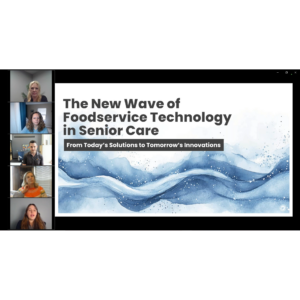Remote monitoring is a cost-effective improvement to care, study says
A team of researchers studying the effects of sensor and health monitoring systems has concluded that remote monitoring offers a viable and cost-effective way to improve patient care.
With an aging population and a more intense focus on treating illnesses such as Alzheimer's disease, Parkinson's disease and diabetes, there is a need to develop pervasive technologies that can monitor patients at home, they say.
Their research was recently published in the International Journal of Ad Hoc and Ubiquitous Computing.
Andrew Thomas and colleagues at Birmingham City University, UK; the University of Wolverhampton, UK; the Technical University of Catalonia, Barcelona, Spain; Ritsumeikan University, Kusatsu and Fukuoka Institute of Technology, Japan, reviewed monitoring systems as simple as RFID tags, "shadow" cameras and electricity usage monitors.
These and other systems such as heart monitors and gyroscopic monitors that can detect falls in the home, can be connected to smartphones so that caregivers can be alerted when problems arise.
"Those 'smart care spaces' require use of sensors and intelligent computer systems to support the needs of the cared-for, carers and medical personnel," the researchers said in a press statement. "It is apparent that much of the technology required to create smart care spaces already exists, but further research is required to integrate them into a functional whole."
Related Articles
Topics: Technology & IT











